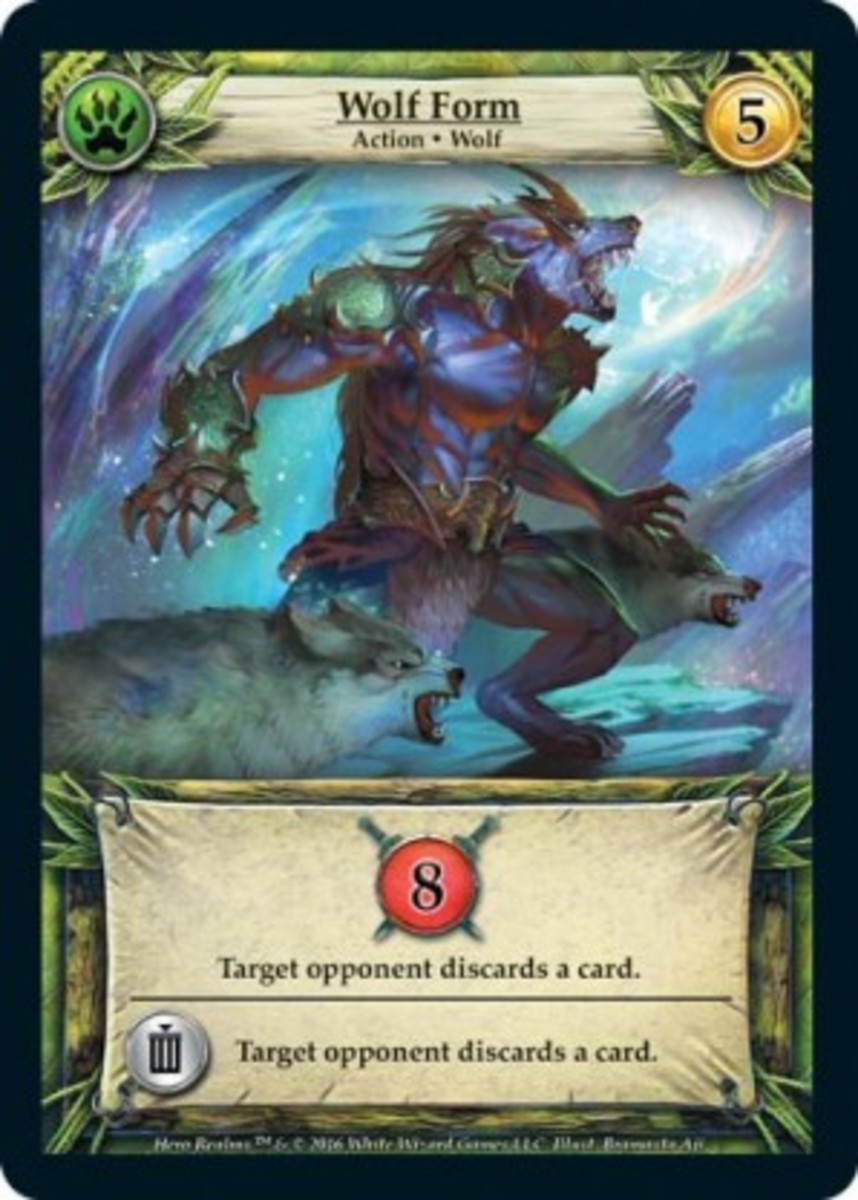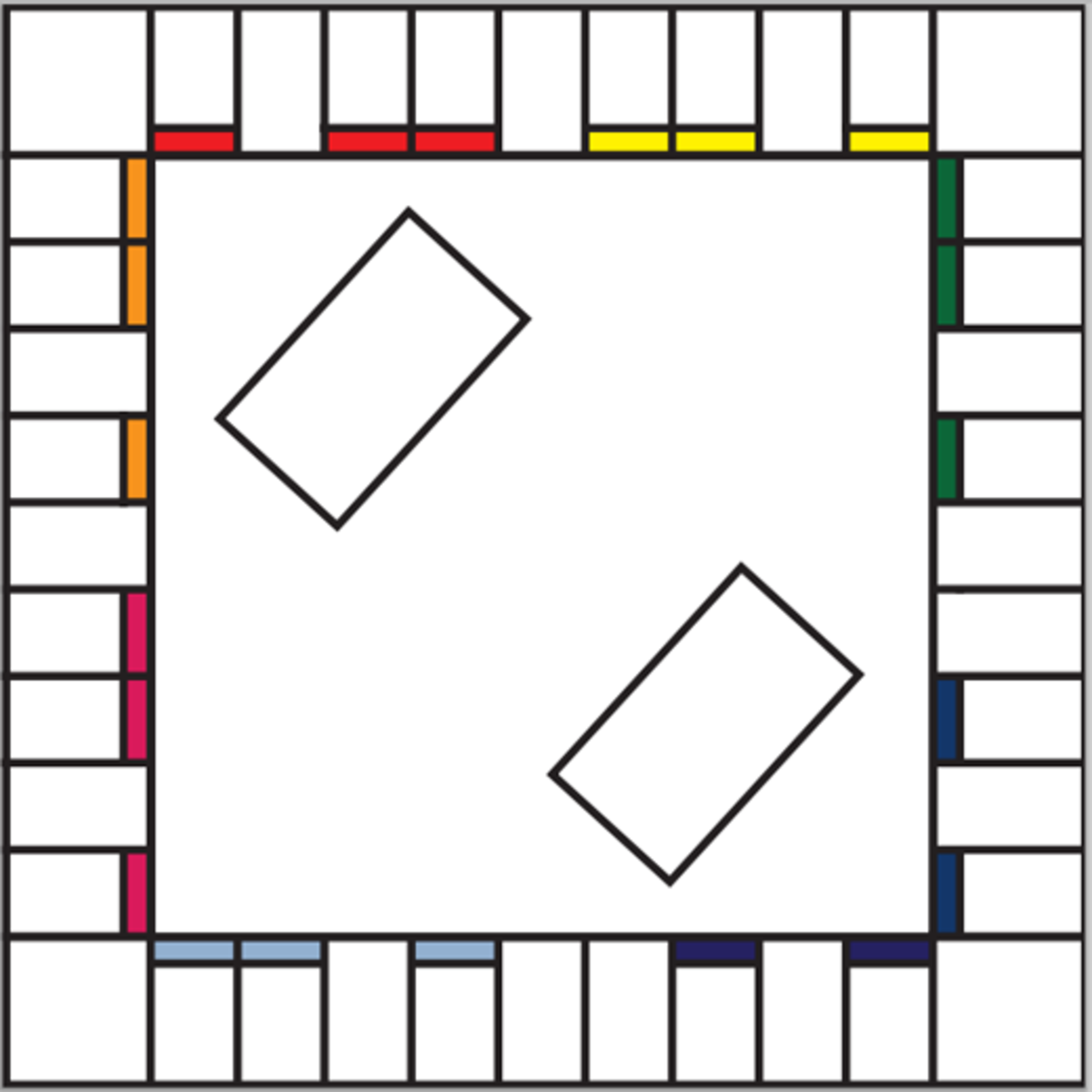Alternative Board Game Rules: Risk

What is the board game Risk?
It's true that monopoly and chess are the two most popular board games in the world. (Click the links for other alternative rules). However, risk is a very close competitor.
Risk is a game of world domination in which players use counters representing armies to invade other player's countries and continents in order to take over the world. The game is partly chance and partly strategy, and listed below are a few fun ideas to make the standard rules a little different.
Alternative Rules For Risk
Here are my top 5 ideas for different rules which can be implemented when playing the board game Risk:
- Random Reinforcements: The cards a player draws when successfully taking over one or more territory during their turn can soon balloon into an incredible number of reinforcements. This version involves a random number of reinforcements every time a player cashes in. Tip: You could use the roll of a pair of dice to determine the number, or alternatively even pre-write random numbers onto small scraps of paper and draw them out of a hat.
- Custom World: This can either be done by symbolically naming each territory, or alternatively by taking a blank board/sheet of card and drawing up your own map entirely. Tip: Struggling for ideas? Try replicating your favourite fictional places like middle-earth.
- Bonus Reinforcements Regardless: Some people play by the rule of any country listed on a card that is cashed in gets 2 bonus armies providing the territory belongs to the Risk player who cashed the card in. In this version, the country displayed on the card receives 2 bonus armies regardless of who the territory belongs to.
- Weaker Is Better: Just a minor technical change which involves the outcome of the battle being decided on the lowest scores of the dice as opposed to the highest.
- Teleport: In the standard version of Risk, armies can only be moved at the end of the turn from one territory to another if the path between those territories is completely controlled by the same player. This version allows a player to reinforce any of their own territory from any of their other territories. Start a lonely revolution in the midst of the Atlantic ocean!









